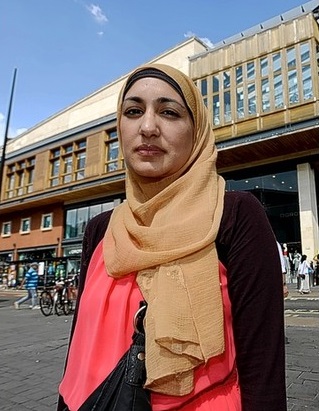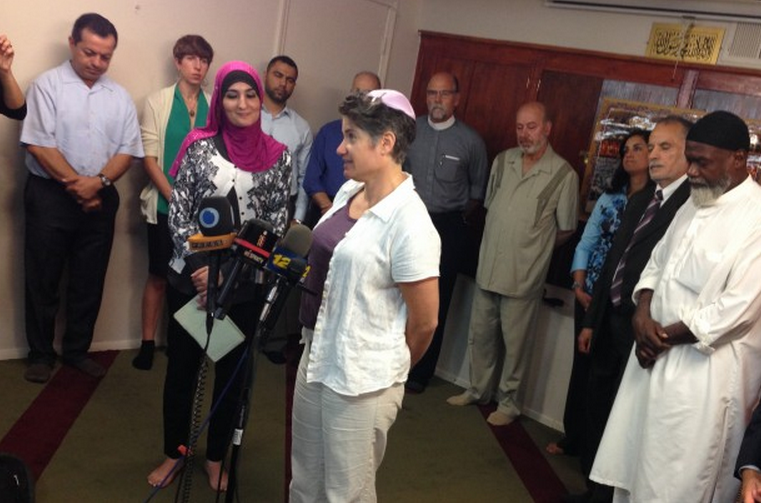 A new study into the effects of the “Trojan horse” scandal in Birmingham finds 90 per cent of the city’s Muslims feel community cohesion has been damaged by the way the affair was handled.
A new study into the effects of the “Trojan horse” scandal in Birmingham finds 90 per cent of the city’s Muslims feel community cohesion has been damaged by the way the affair was handled.
It began with an anonymous letter that is widely now believed to have been a hoax. But the Trojan horse allegations, that a group of hard-line Salafis were plotting to impose a strict interpretation of Islam in secular state schools, exploded into one of the biggest scandals Birmingham has ever seen.
There were four separate inquiries, one led by the former head of counter-terrorism in the UK, and dozens of reports in 25 schools. It also led to a political fall-out at the heart of government and contributed to the demotion of the education secretary, Michael Gove.
Every morning as they started their school day, children in the city, and their parents, had to contend with camera crews and journalists waiting outside the gates, filming them and asking for interviews.
Now a study by Birmingham City University, released exclusively to Channel 4 News, has looked at the impact this had on those children. The study, by criminologist Imran Awan, found some worrying evidence that Muslim communities have been left feeling targeted and stigmatised.
“Previous studies have shown that British Muslims felt very comfortable with their identity, they felt well integrated and proud to be British citizens,” Mr Awan told me. “But much of this has been undone by what they feel has been relentless, unfair criticism.”
One mother said: “What’s the point of us trying to integrate, every time we do we are somehow told it’s not good enough, or we’re not getting it right.”

 In April, the chair of the Charity Commission
In April, the chair of the Charity Commission  A Muslim woman was left shocked and in tears when she was verbally abused and spat at by a stranger ranting about the Middle East.
A Muslim woman was left shocked and in tears when she was verbally abused and spat at by a stranger ranting about the Middle East. Police in Long Beach are investigating a possible hate crime committed against a woman wearing Muslim garb. The incident occurred earlier this month, authorities said.
Police in Long Beach are investigating a possible hate crime committed against a woman wearing Muslim garb. The incident occurred earlier this month, authorities said. Community leaders of all faiths gathered in Brooklyn on Tuesday to push back on what they described as hateful acts against local Muslim residents.
Community leaders of all faiths gathered in Brooklyn on Tuesday to push back on what they described as hateful acts against local Muslim residents. The residents of Birmingham ought to be able to sleep more easily tonight. Peter Clarke’s 129-page report into the city’s schools found no evidence of plots to indoctrinate, groom or recruit school pupils to an agenda of radicalisation, violent extremism or terrorism. This is also the key finding of the reports commissioned by Birmingham city council and Ofsted.
The residents of Birmingham ought to be able to sleep more easily tonight. Peter Clarke’s 129-page report into the city’s schools found no evidence of plots to indoctrinate, groom or recruit school pupils to an agenda of radicalisation, violent extremism or terrorism. This is also the key finding of the reports commissioned by Birmingham city council and Ofsted. A brave bus passenger who challenged a woman’s drunken, racist rant was attacked and spat on, Newbury magistrates have been told. Afterwards, fellow Thatcham travellers praised victim Christine Dare’s courageous stand. Miss Dare later told police: “I had to act. It was too much to ignore.”
A brave bus passenger who challenged a woman’s drunken, racist rant was attacked and spat on, Newbury magistrates have been told. Afterwards, fellow Thatcham travellers praised victim Christine Dare’s courageous stand. Miss Dare later told police: “I had to act. It was too much to ignore.” Since alternate MP for the Progressive Party Þorsteinn Magnússon’s resignation from the party last week, several other party members have followed suit and many other people have expressed their support.
Since alternate MP for the Progressive Party Þorsteinn Magnússon’s resignation from the party last week, several other party members have followed suit and many other people have expressed their support.